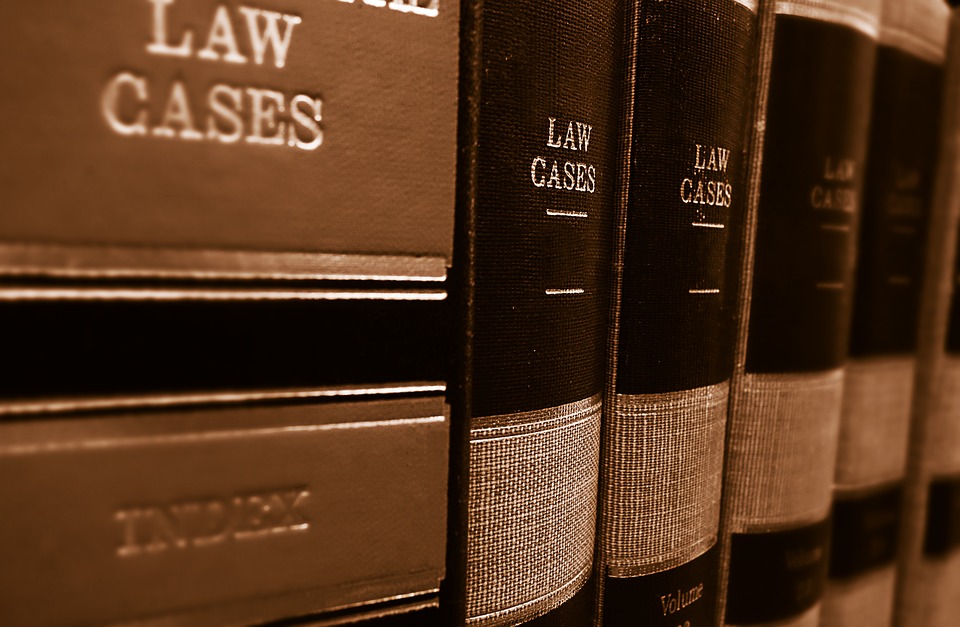At both the state and federal level, evidence is the key to the prosecution’s case in any criminal proceeding. Without sufficient evidence, the case has no legal foundation and cannot withstand dismissal. Therefore, from a criminal defense perspective, one of the first steps in mounting a defense to any criminal charges is to inspect and scrutinize each piece of evidence and to determine how the evidence was obtained.
Often, this process means scrutinizing one or more search warrants that allowed police or other law enforcement to seize the items now used as evidence by the state. This starts with a careful examination of the search warrant itself. If the search warrant fails to pass the appropriate legal standard, the evidence obtained can be challenged and, if successful, excluded from use by the prosecution.
Defending against a search warrant is crucial as it may mean weakening the case against the defendant, which can result in lesser charges, an enhanced plea-bargaining position, or best scenario, dismissal of the entire case for insufficiency of evidence.
What is a Search Warrant?
Constitutional protections in both the state and federal constitutions provide that every citizen’s privacy must be respected and that law enforcement cannot violate that privacy unless certain, established legal protocols are followed. To that end, searches and seizures are considered to be both illegal and unreasonable until the government demonstrates otherwise. U.S. CONST. amend. IV; TEX. CONST. art. I, § 9. A valid, and therefore effective, search warrant establishes that the police had a right to invade the citizen’s privacy.
A search warrant is document signed by a judge after a hearing on the necessity of granting a search warrant. It gives law enforcement the right to search a specific place and once there, seize specific evidence. As such, the warrant must be specific on location and items. Before issuing the warrant, a judge must find there is “probable cause” that a crime was committed and that things connected to that crime are likely to be discovered in the place described in the warrant.
More Questions? Contact Attorney Daniel Peugh For A Free Consultation
But what does probable cause mean? The Supreme Court of the United States (“SCOTUS”) provides the definition for “probable cause” in both state and federal warrants. SCOTUS explained that there is probable cause for the police to seek a search warrant when:
. . . . the facts and circumstances within their knowledge and of which they had reasonably trustworthy information were sufficient in themselves to warrant a man of reasonable caution in the belief that [a crime has happened or is about to happen].”
Carroll v. United States, 267 U.S. 132, 162 (1925).
Therefore, the state must establish that “probable cause” exists before the judge can sign the search warrant and allow the search and seizure to proceed. If the judge is not satisfied that probable cause exists, the search will not be conducted.
The Probable Cause Hearing
But what exactly happens during the probable cause hearing? The law enforcement officers provide an Affidavit supporting the search warrant request. The judge may also be given witness statements or other documentary evidence. The Affidavit must be signed, under oath, by the law enforcement officer who affirms the Affidavit’s truth and veracity.
Specifically, the Affidavit must set forth sufficient facts to establish probable cause that:
(1) a specific offense has been committed;
(2) the specifically described property or items that are to be searched for or seized constitute evidence of that offense or evidence that a particular person committed that offense; and
(3) the property or items constituting evidence to be searched for or seized are located at or on the particular person, place, or thing to be searched.
See Article 18.01(c) of the Texas Code of Criminal Procedure.
If the attesting law enforcement officer is dishonest, exaggerates, or assumes facts in the sworn affidavit, then the search is illegal and a judge’s signature cannot absolve the warrant of its illegality. This is because a judge’s signature cannot remove the need for the law enforcement officer to be truthful and accurate in all the statements made in the Affidavit. SCOTUS has stated the following:
Suppression therefore remains an appropriate remedy if the magistrate or judge in issuing a warrant was misled by information in an affidavit that the affiant knew was false or would have known was false except for his reckless disregard of the truth.
Franks v. Delaware, 438 U. S. 154 (1978).
In our next blog post we discuss challenges to the search warrants.
Have questions and need help now? Give Attorney Daniel Peugh a call today for a free consultation. You deserve advice and counseling from an experienced professional.





